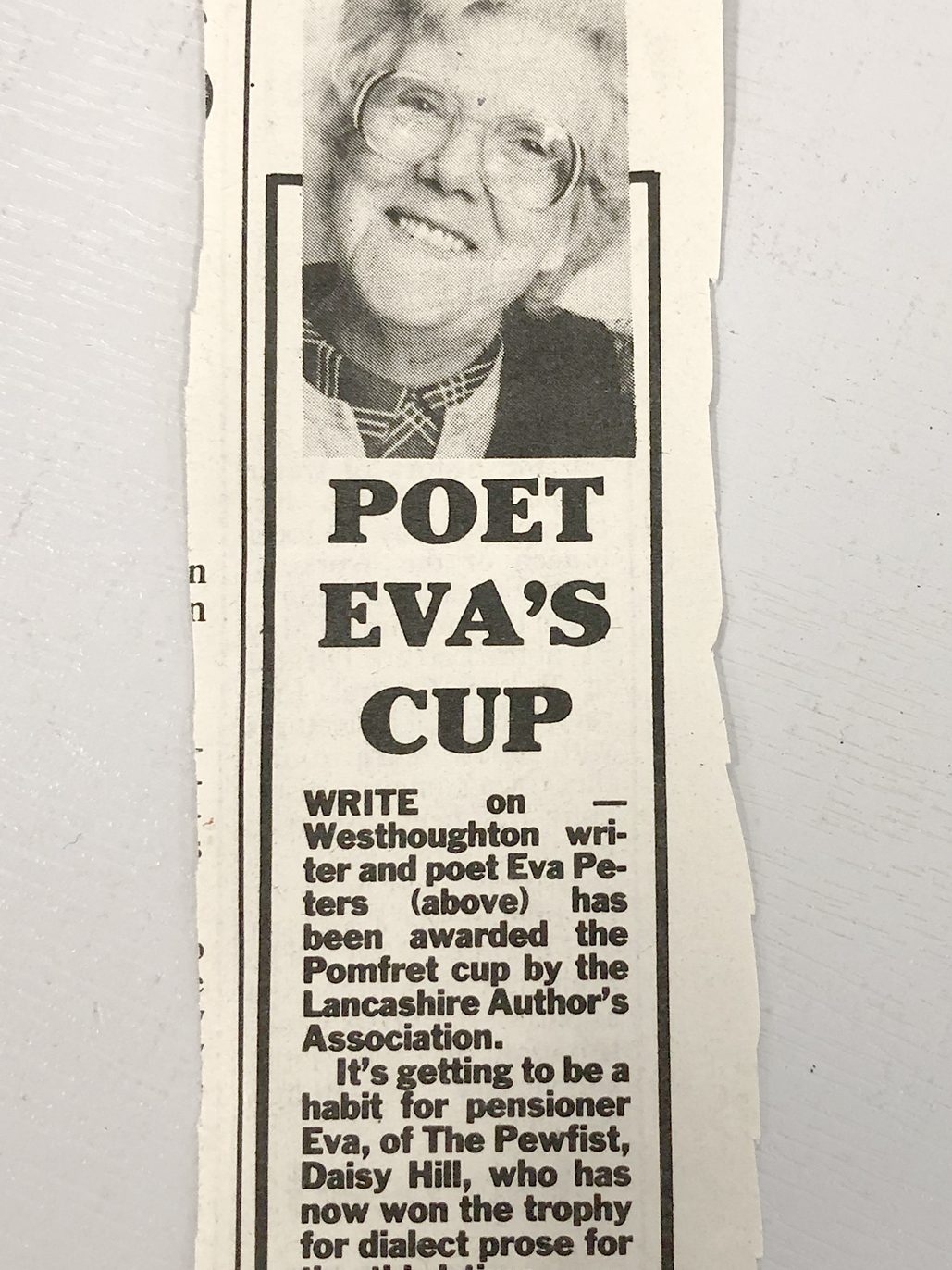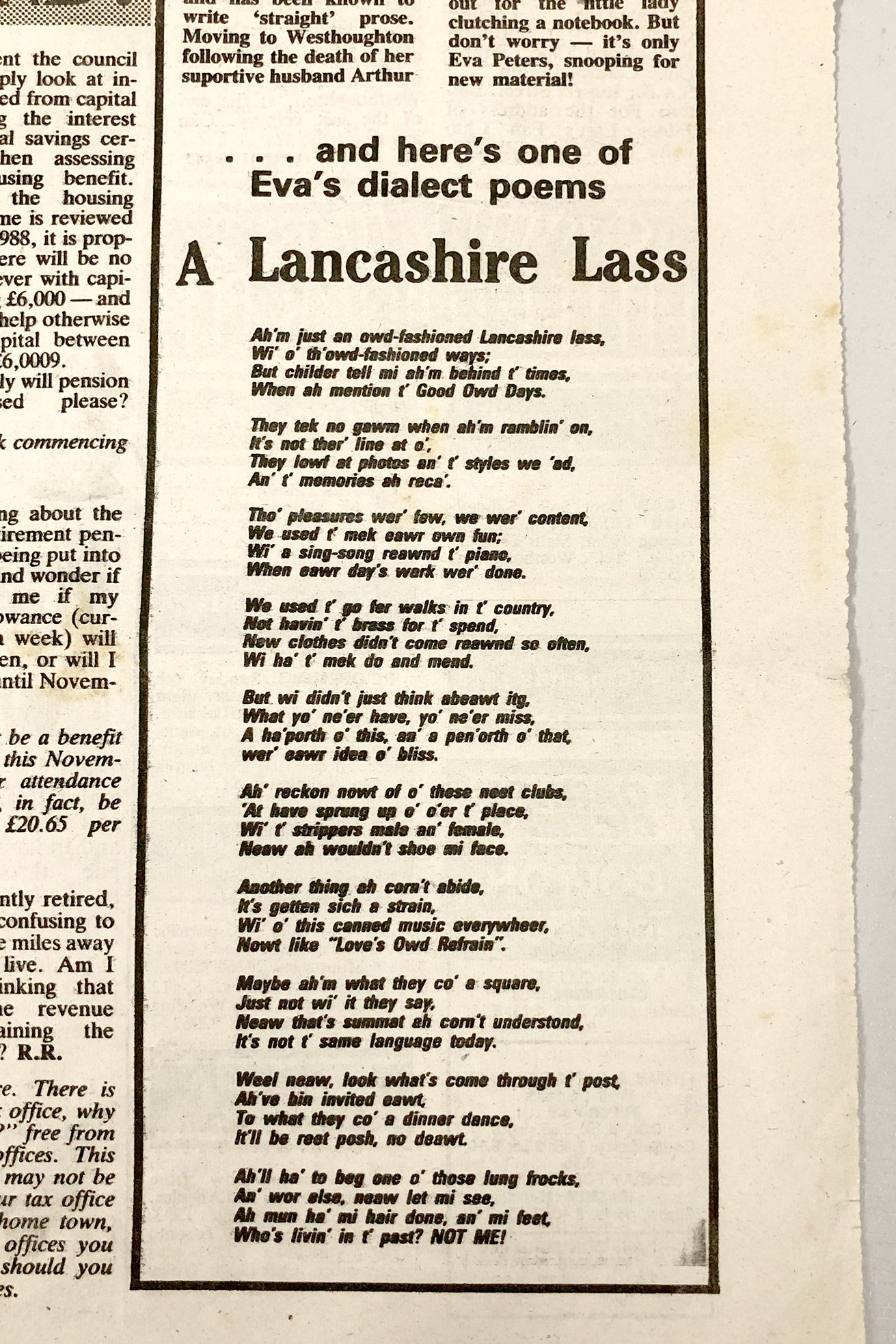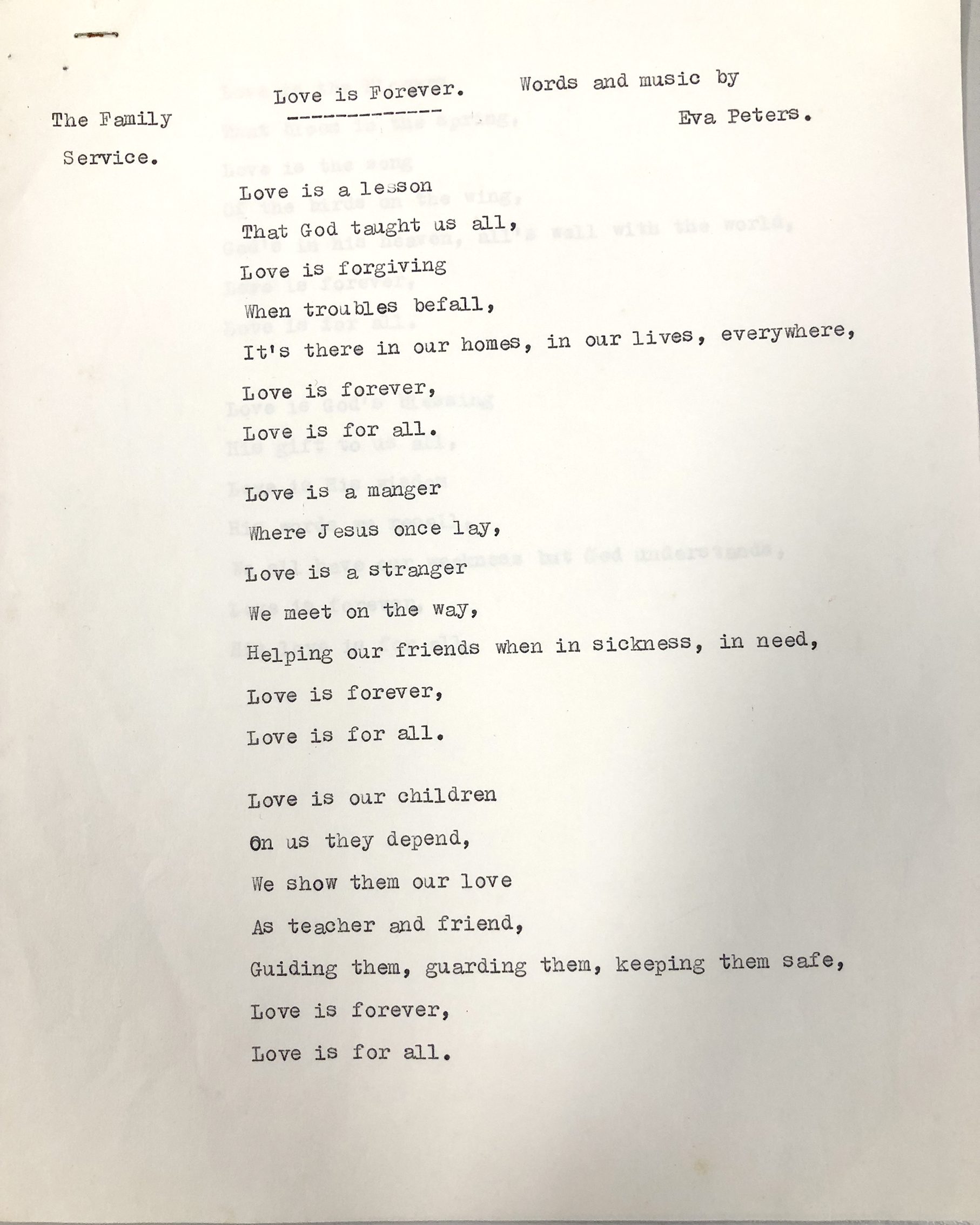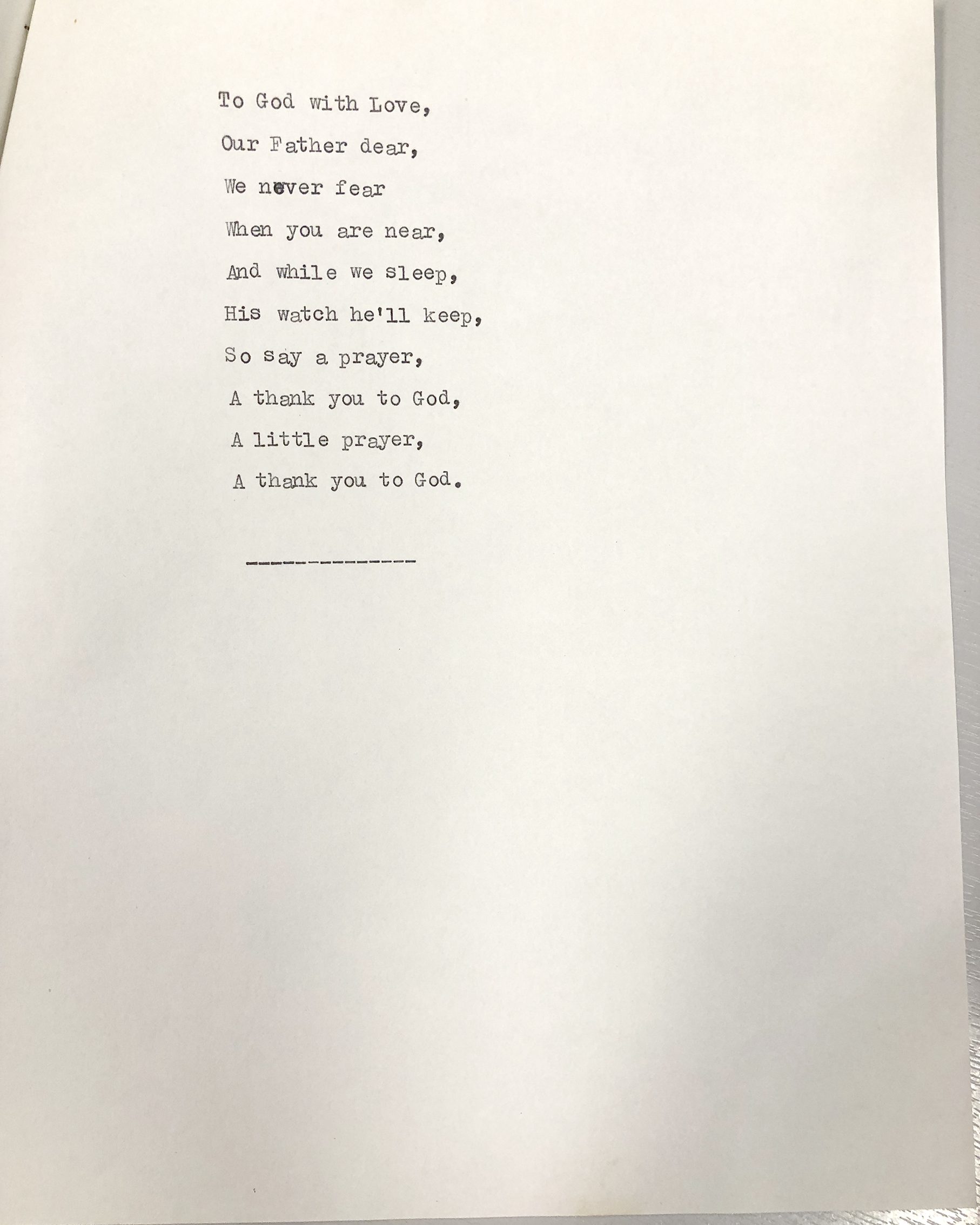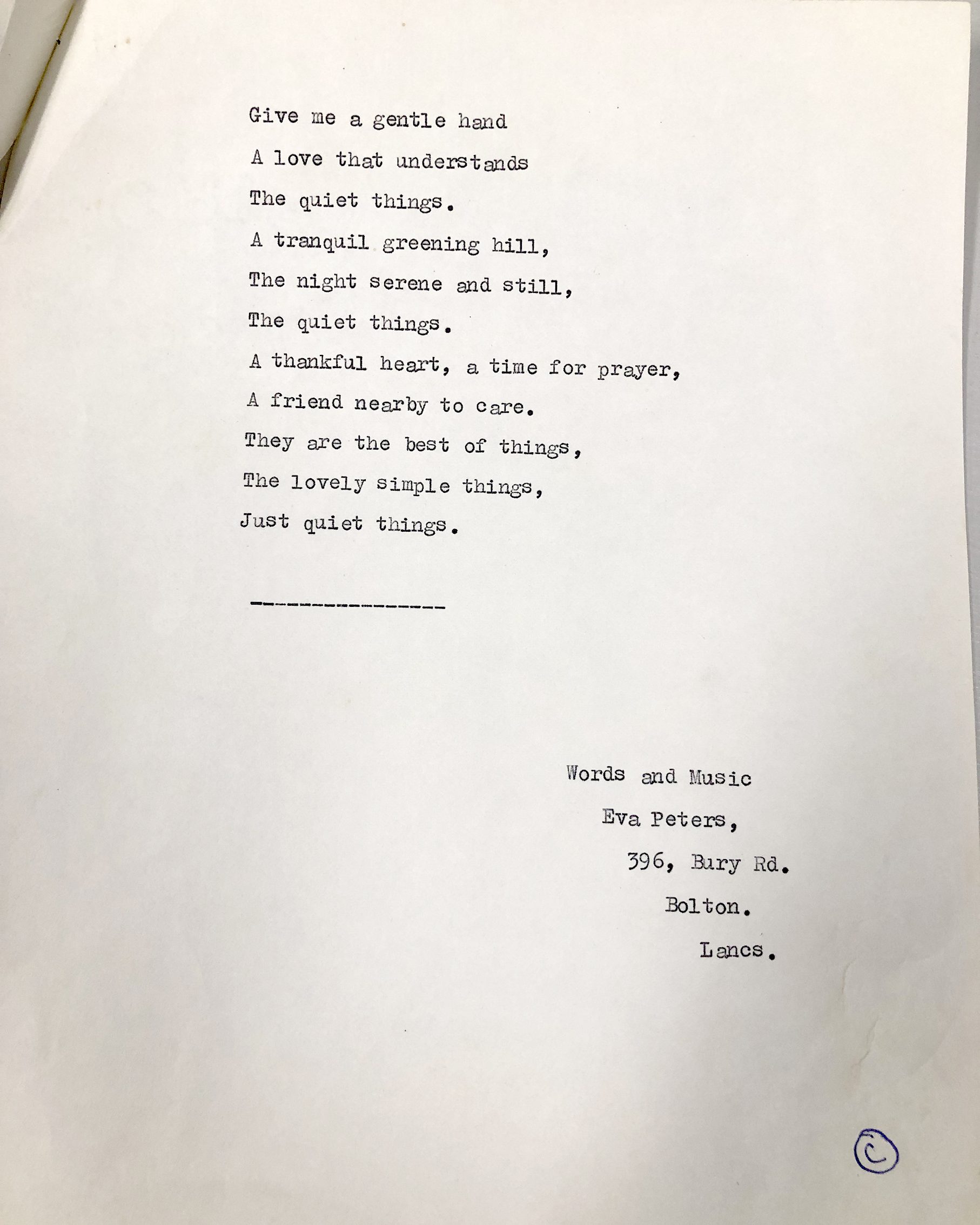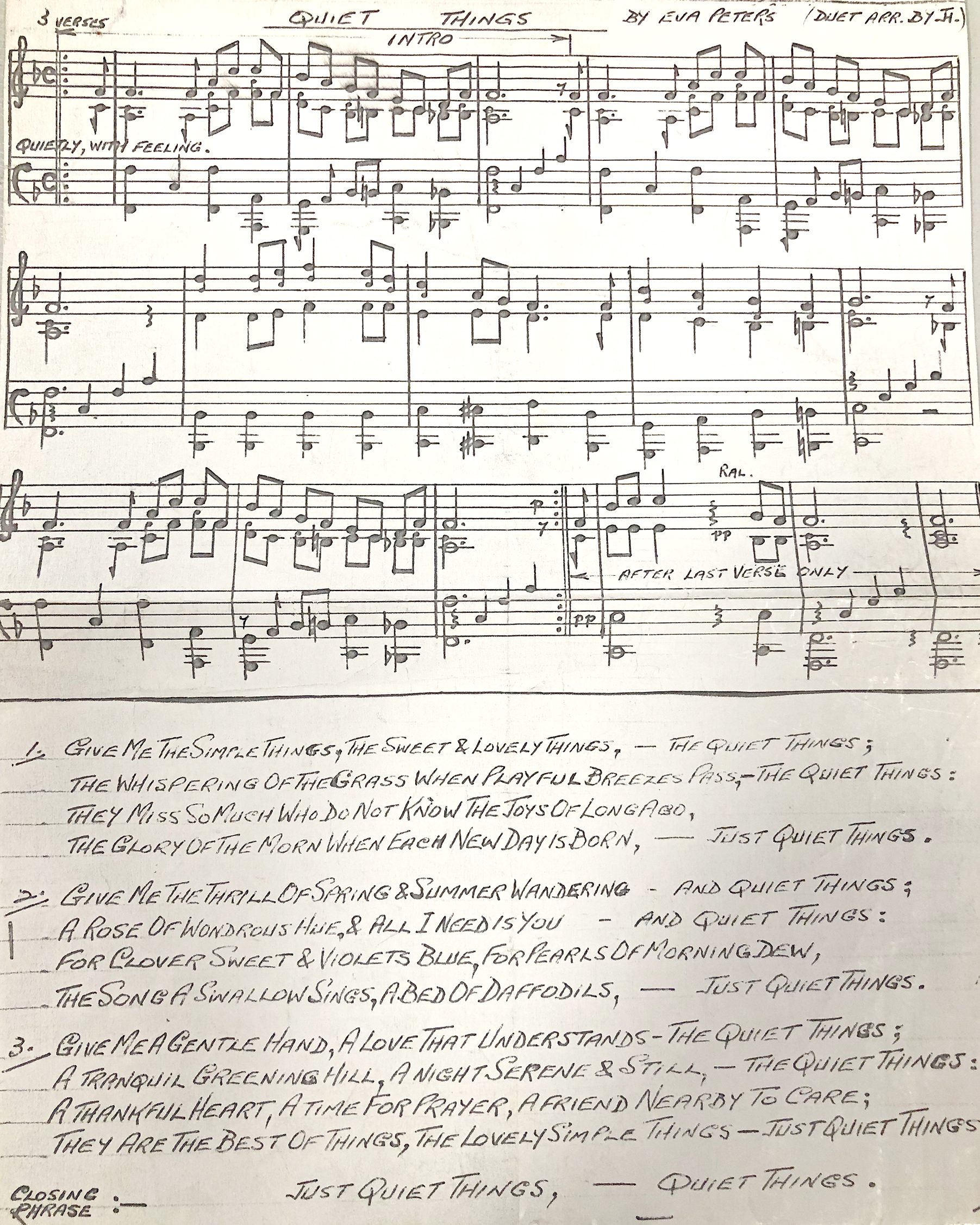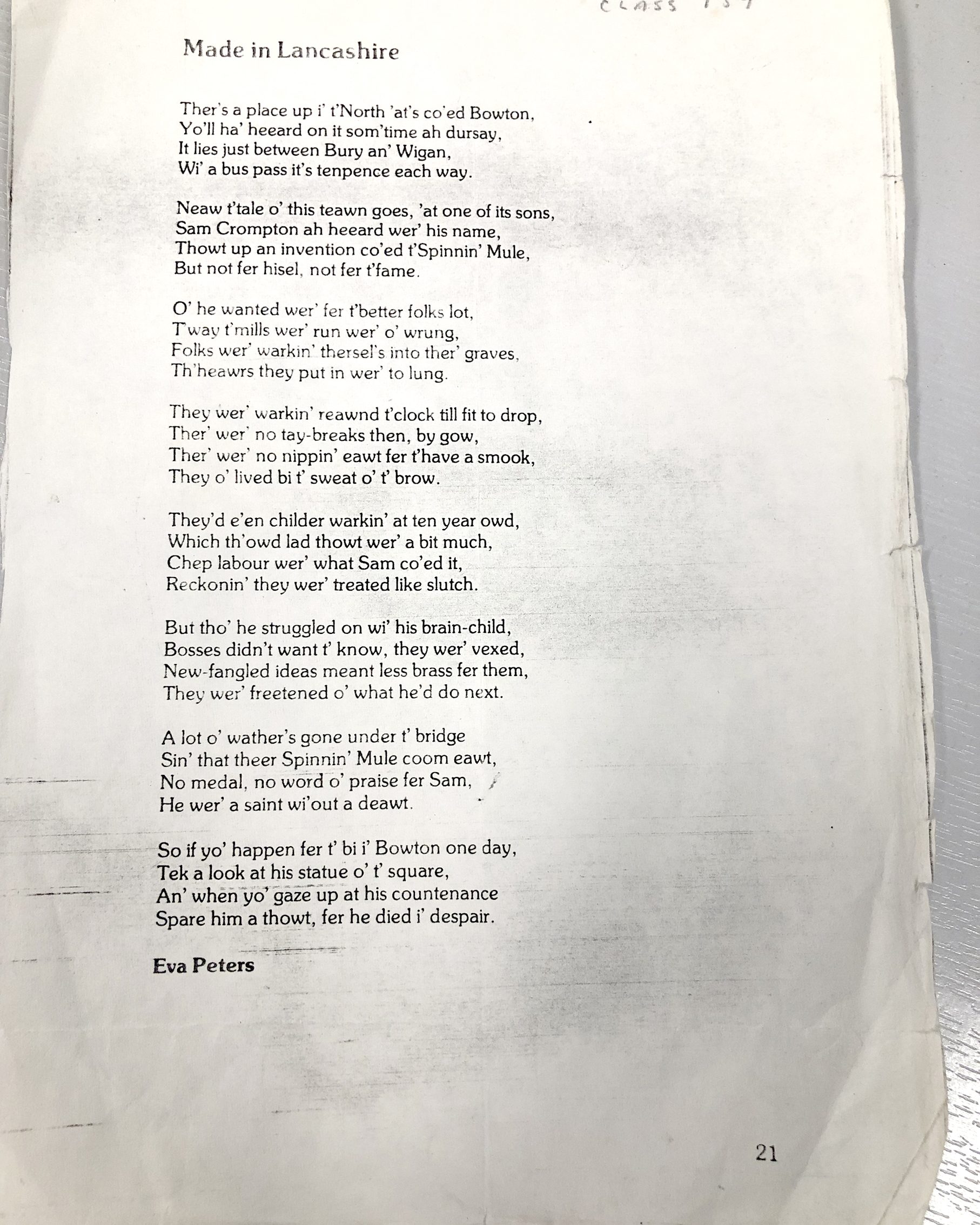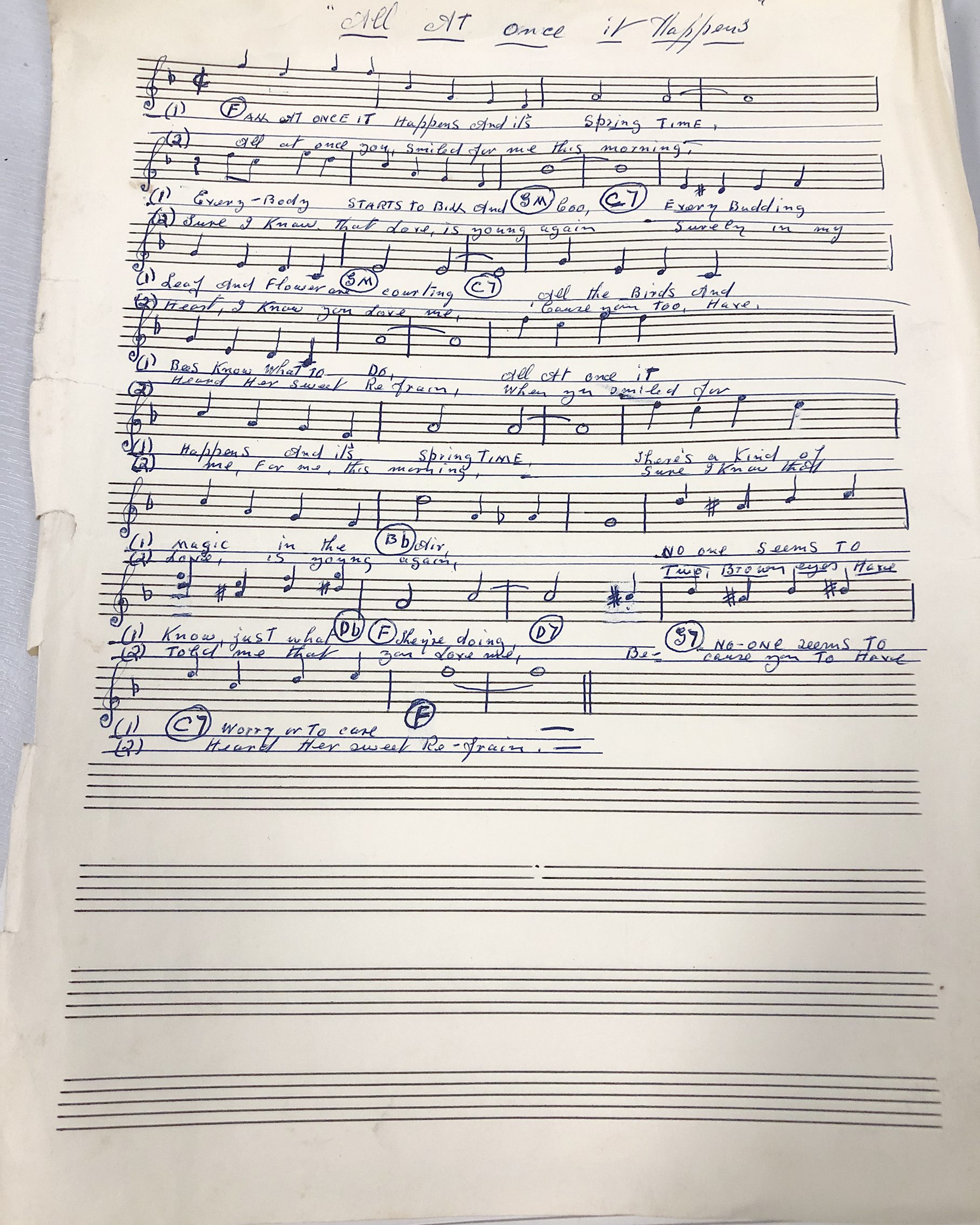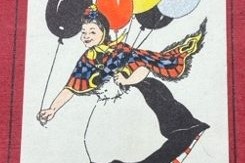People think that libraries resemble the cemetery: the books are at peace, on the shelves, and silence is required at all times. The problem with books is that when you open them, they start talking, and talking, and drawing things in your mind, until you ask yourself: what kind of eternal peace is that?
Little do we know that at night, when the libraries are deserted, the books open the pages by themselves, recite or utter their thoughts until some orator or another covers the chaos with the thunder of their own wisdom. Books don’t like idleness. They want to be spoiled, adored, and remembered. Sometimes the shelves become hiding places for scraps that never graduated to publication. And these ‘scraps’ are shy, very shy.
The Lancashire Authors’ Association Collection brought to the University of Bolton its own suite of journals, scraps, memories, and books that are not considered to as literary works, like companies’ accounts or meeting reports. Some are beautifully dressed in shining armour, while others are buried in cardboard boxes in need of a breath of fresh air. And there she was, Bolton’s own Eva Peters! Smiling at us from old newspaper scraps, Eva Peters looks like the nanny we all long for – the nanny of a thousand healing poems, sensible stories, and as many beautiful songs.
Eva Peters was born in Bolton and for a while worked a spell in the mill but she didn’t like it. Even from her school years, she knew that she was good at writing. She wrote poems and stories in the Lancashire dialect, winning prizes from the Lancashire Authors’ Association. She even wrote hymns and her own music. In 1979, Peters published her only volume of poems, Thoughts of a Lancashire Lass. A couple of times she was awarded the title of the ‘Writer of the Year’ by the LAA. She had a very busy life and went through it with charm and finesse.
I’ll let Peters tell you a little bit about herself, as she knew best:
A Lancashire Lass
by Eva Peters
Ah’m just an owd-fashioned Lancashire lass,
Wi’ o’ th’owd-fashioned ways;
But childer tell mi ah’m behind t’ times,
When ah mention t’ Good Owd Days.
They tek no gawm when ah’m ramblin’ on
It’s not ther’ line at o’,
They lowf at photos an’ t’ styles we ‘ad,
An’ t’ memories ah reca’
Ah’m just an owd-fashioned Lancashire lass,
Wi’ o’ th’owd-fashioned ways;
But childer tell mi ah’m behind t’ times,
When ah mention t’ Good Owd Days.
They tek no gawm when ah’m ramblin’ on
It’s not ther’ line at o’,
They lowf at photos an’ t’ styles we ‘ad,
An’ t’ memories ah reca’.
Tho’ pleasures wer’ few, we wer’ content,
We used t’ mek eawr own fun;
Wi’ a sing-song reawnd t’ piano,
When eawr day’s wark wer’ done.
We used t’ go for walks in t’ country,
Not havin’ t’ brass for t’ spend,
New clothes didn’t come reawnd so often,
Wi ha’ t’ mek do and mend.
But wi didn’t just think abeawt itg,
What yo’ ne’er have, yo’ ne’er miss
A ha’porth o’ this, an’ a pen’orth o’ that,
wer’ eawr idea o’ bliss.
Ah’ reckon nowt of o’ these neet clubs,
‘At have sprung up o’ o’er t’ place,
Wi’ t’ strippers male an’ female,
Neaw ah wouldn’t shoe mi face.
Another thing ah corn’t abide,
It’s getten sich a strain,
Wi’ o’ this canned music everywheer,
Nowt like “Love’s Owd Refrain”.
Maybe ah’m what they co’ a square,
Just not wi’ it they say,
Neaw that’s summat ah corn’t understond,
It’s not t’ same language today.
Weel neaw, look what’s come through t’ post
Ah’ve bin invited eawt,
To what they co’ a dinner dance,
It’ll be reet posh, no deawt.
Ah’ll ha’ to beg one o’ those lung frocks,
An’ wor else, neaw let mi see,
Ah mun ha’ mi hair done, an’ mi feet,
Who’s livin’ in t’ past? NOT ME!
Give her “A love that understands, / The quiet things” (from “Quiet things” by Eva Peters).
Bibliography
‘Greeting, 1904’ poem. National Archives (ZWN 2/46). [Accessed 29th March, 2022]
The Bolton News (2010). The lost disciples of American poet. [online] Available at: The Bolton News [Accessed 29th March, 2022].
Salveson, P. (2019) With Walt Whitman in Bolton: Spirituality, Sex and Socialism in a Northern Mill Town. Little Northern Books. United Kingdom.
‘Whitman Day, 1910’ booklet. National Archives (ZWN 2/15). [Accessed 29th March, 2022]


